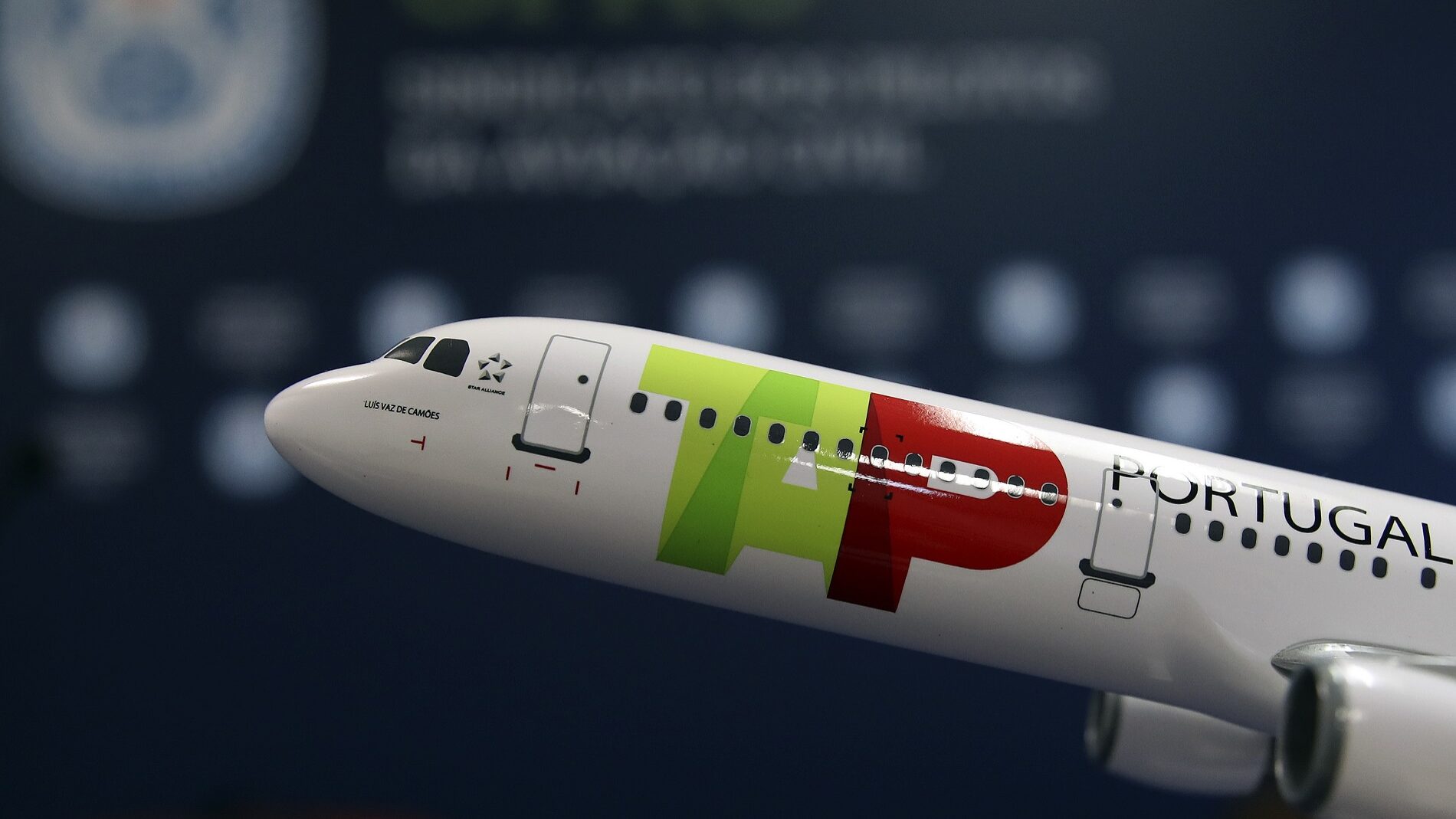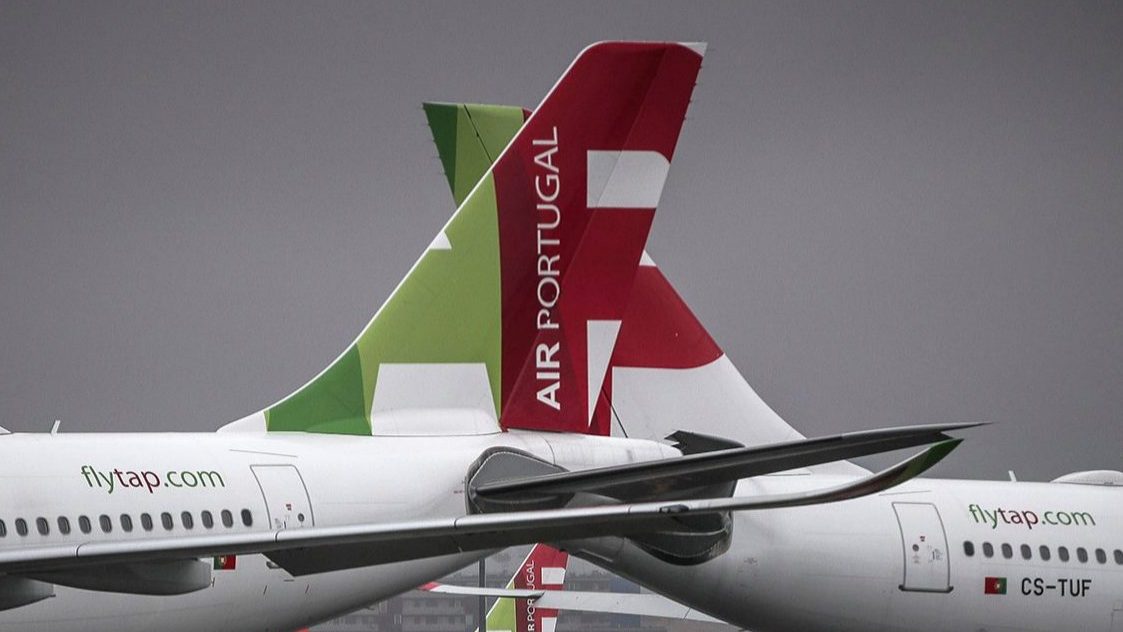Former TAP investor accuses government of ‘nationalisation obsession’
David Neeleman criticised the way in which Portugal's government has managed TAP in his answers to the parliamentary committee of enquiry.
US-Brazilian businessman David Neeleman, the former controlling shareholder of TAP, Portugal’s natinal flag carreir, has said that Portugal’s Socialist government had an “obsession with the nationalisation” of the airline, accusing the executive of “political inability” and “bad management”.
Neeleman, in his answers to 80 questions sent by the parliamentary committee of enquiry into TAP – in a document that Lusa has seen – criticised the way in which Portugal’s government has managed the company.
“Obsession with nationalisation, political inability or bad management by the government, the only way to understand, for example, that the then Minister of Infrastructure [Pedro Nuno Santos], in a debate in the Portuguese parliament, said with great vigour that TAP was bankrupt and that it could not resort to Covid aid, which naturally was very prejudicial to any request that was made to the European Commission,” Neeleman said in the document.
Asked when he realised that the government was going to move towards nationalisation he said that “it became more obvious when they did not respond in February, March and April 2020 to the requests for support that TAP made through the Executive Committee. Then we had public statements from senior government officials denigrating our management and the company and then it became clear that there was an agenda that went in that direction.”
The businessman also said that he maintained the position that he had taken “since day one” of TAP’s troubles, arguing that if “they had let our Executive Committee monitor and intervene in the negotiations with the European Commission, it would have been possible to obtain another result.”
The former TAP shareholder said that “there was no possible alignment” with the government, as it wanted the state “to be a controlling shareholder, to be present in the management, and that was not the path” that Neeleman “thought was necessary at TAP.
The businessman considered that the company “needed to continue with an experienced, independent and free board to pursue TAP’s best interests, without a political and ideological sword.”
Even so, he confirmed, “Atlantic Gateway [his investment vehicle for TAP] did not have the economic means to provide the liquidity and support that TAP needed in such a short space of time.”
Neeleman also made an assessment of the outlook for the airline.
“I believe that TAP alone will have difficulty in surviving,” he said, arguing that opportunities will arise “but in order to take advantage of them it is necessary to have a great knowledge of the market and an independent management and quick action, which is difficult to find under the aegis of the State.”
In this context, he went on, “it will be better for the future of TAP if the buyer is a strong group from the aviation sector and not so much a financial buyer.”
About the controversial renewal of the TAP fleet, which included the cancellation of a contract for the purchase of 12 Airbus A350 aircraft, Neeleman assured that he had informed the government and state holding company Parpública of all the procedures.
“I cannot imagine how more information could have been given on the subject,” he said. “There was absolute transparency and it is shocking the negligence with which some members of the then government say they were unaware of this issue.
“I did not make a bad deal for TAP, I did not harm the company and I never – as I have heard said and written – ‘received kickbacks’ or commissions for the Airbus deal,” he went on. “Such suspicion is insulting and unacceptable.”
Finally, on TAP employees, the businessman said that he believes that “the unions were satisfied with private management.
“We did not have even one strike in the period of our management,” he recalled. “TAP grew, rejuvenated and reorganised in an extraordinary way.”

